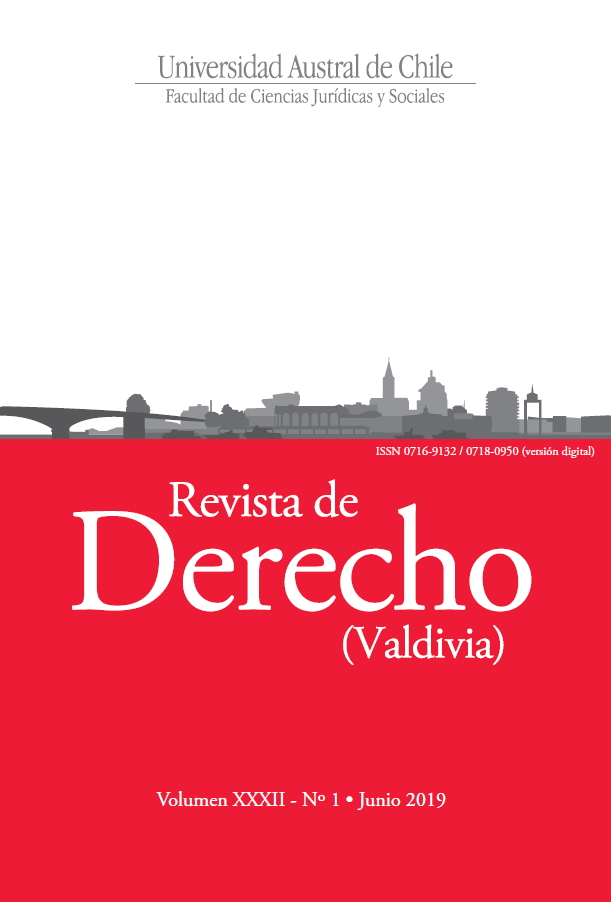What is a Constitution good for? Reflections on the constitutional inclusion of indigenous peoples
Main Article Content
Abstract
Sociology asks how constitutions work in society. Niklas Luhmann has pointed out that one of the most important functions of constitution is to enable the inclusion of subjects in political life, through the public organization of political power, democracy and fundamental rights. In the symbolic dimension, as indicated by Smend and Brunkhorst, constitutionalism expands those achievements with a discourse of constitutional inclusion. However, these perspectives clash with the sub-inclusion of indigenous peoples in constitutional orders and reveal the promises of constitutionalism as negative and concealing symbolism. The evolution of constitutional law, together with international law, has brought new forms of inclusion through collective rights for indigenous peoples. These devices can run the same risks, of negative symbolism of symbolic
inclusion.

